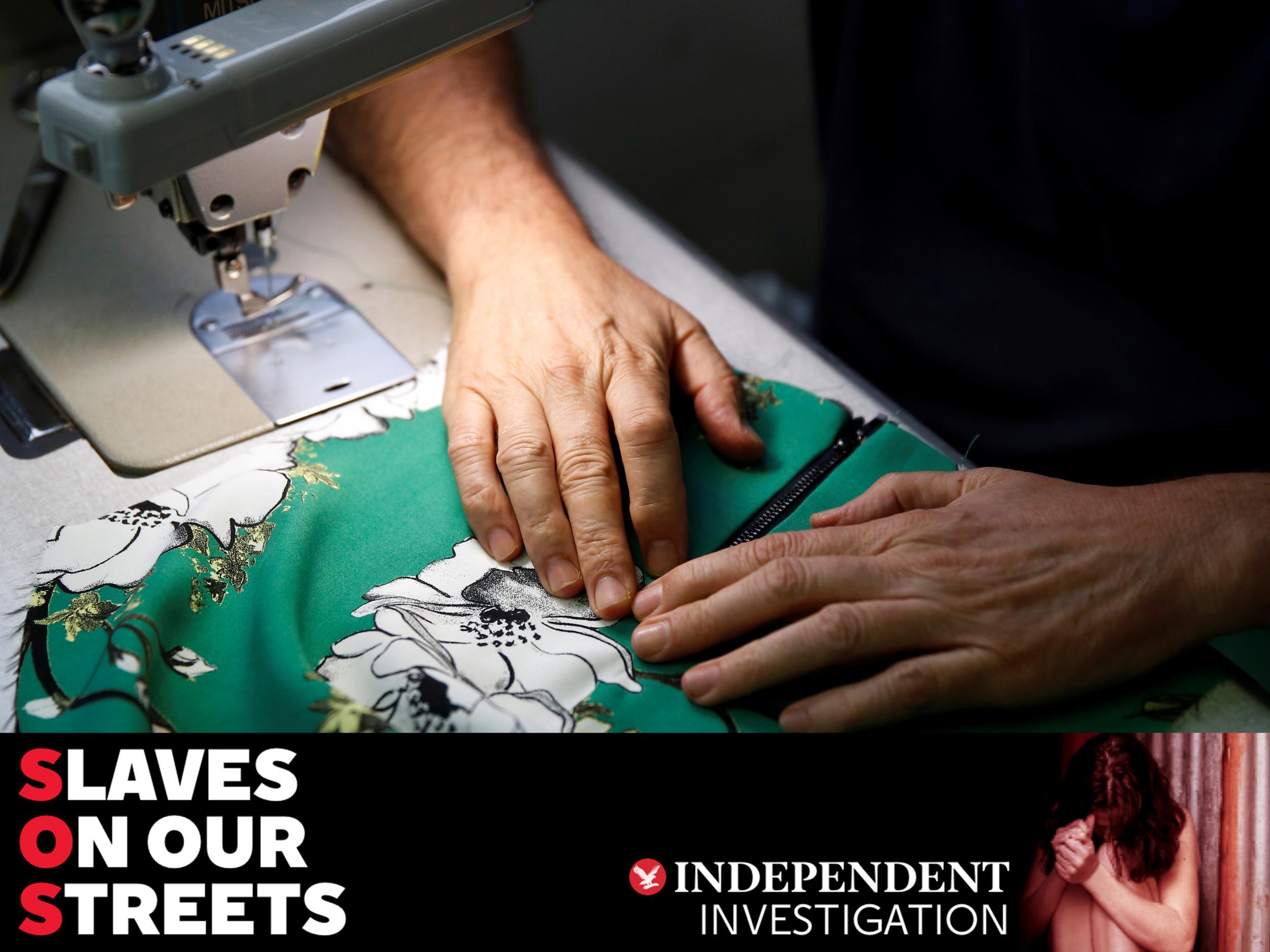Slaves on our Streets: Supply chain transparency is key to ensuring an end to worker exploitation
Consumers must make clear choices and demand ethical products to bring an end to slave labour

When I speak to people about modern slavery, they generally know what I mean. The issue taps into the collective British memory and our long and distinguished tradition of abolitionism.
But mention “supply chain transparency” and you get a very different response: polite nods or stifled yawns. The jargon conjures images of bureaucracy rather than what it is really about: whether the goods we buy and sell are produced by slaves.
In the context of the broader anti-slavery narrative, dominated by increasingly extreme stories of exploitation and daring rescues, it is not surprising that issues around ethical supply rarely make news.
We need this to change and here’s why. Demand is arguably the most important force in the market place. Trying to eradicate slavery from the market without addressing demand is like trying to put out a house fire with a water pistol. This is largely because businesses tend to be driven by consumer demand, and this is dominated by a desire for ever-cheaper, ever-more convenient goods and services. Desire for ethical supply, on the other hand, remains relatively peripheral. While some brands become household names few will have ever heard of the wonderful Who Made My Clothes?.
Without conscious and strong consumer demand for slavery-free products, the conversation is only for the companies who can afford it, and they are usually the larger ones. Small and medium-sized enterprises argue that their tight margins mean that guaranteeing ethical supply would put them out of business.
The truth is that the sleeping giant in the fight against slavery is the consumer. When the giant wakes, demanding slavery-free guarantees on every product, signalling willingness to pay a little more for fairly-sourced goods, we will see far-reaching progress.
If we are truly going to abolish slavery in supply chains, we need to harness and leverage market forces, especially demand. This means creative thinking, and a massive, collaborative programme of awareness-raising by government, business, media and civil society. Modern slavery implicates us all, so it is everyone’s responsibility to end it.
John Studzinski is senior managing director of the Blackstone Group and chair and co-founder of Arise Foundation, an anti-slavery charity


Join our commenting forum
Join thought-provoking conversations, follow other Independent readers and see their replies